OMEI: An example of leadership and resilience of indigenous women from Juchitán, Oaxaca.
"We have learned to be resilient and work together," Arminda del Carmen Ríos Castillo, general director of OMEI.
Date:
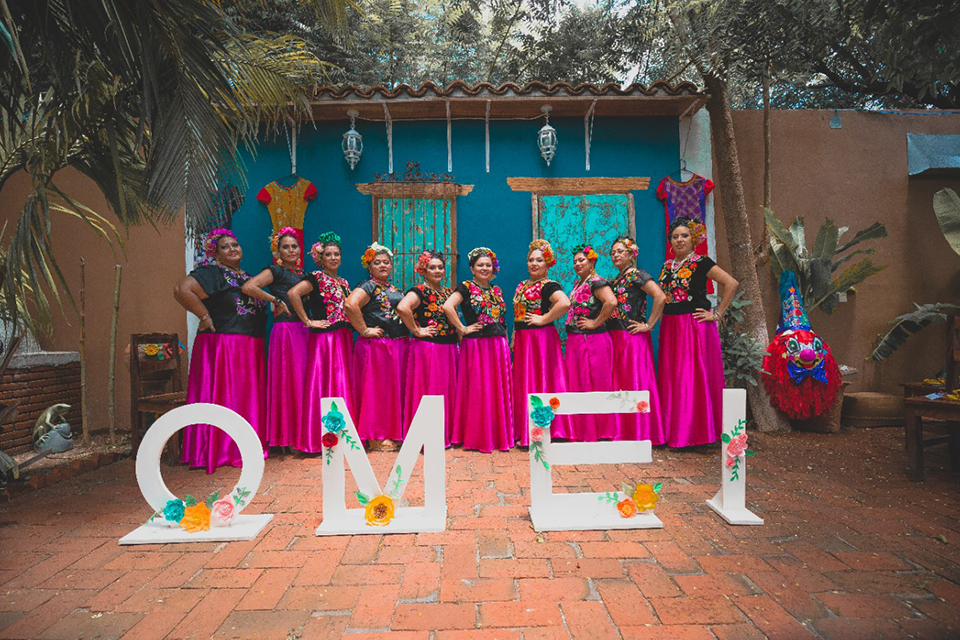
In Mexico, 21.5% of the population describes themselves as indigenous, and in the State of Oaxaca alone, there is an indigenous population of more than 2 million 600 thousand people. Of these, more than 1 million 300 thousand are women.
The Organization of Women Entrepreneurs of the Isthmus (OMEI) is a cooperative of women artisans from the community of Juchitán in Oaxaca. It was created in 2019 by women who graduated from the first generation of UN Women's Avancemos por la Igualdad (API), Advancing for Equality programme, which seeks to equip women with valuable tools for economic empowerment.
OMEI is a clear example of the leadership and resilience of the women of Juchitán. The social cohesion that directly impacts the entire community is also one of the main objectives of the API programme, which began in 2018 with the global partnership between UN Women, Danone, and Bonafont in Mexico. This collaboration focuses on women's economic empowerment in communities affected by the 2017 earthquake in Mexico City and Juchitán de Zaragoza, Oaxaca.
Overcoming the fear of creating my own business
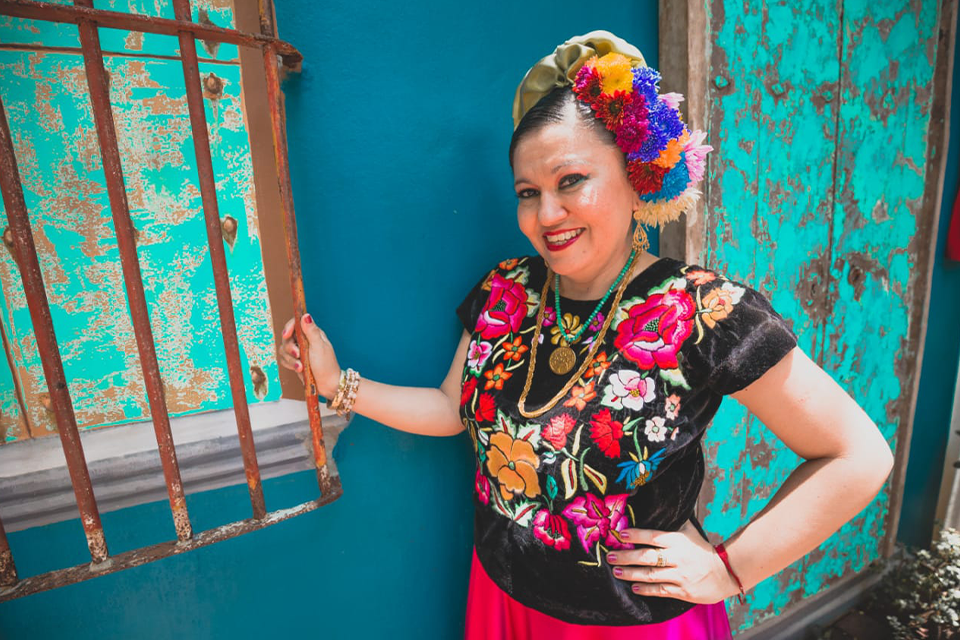
Arminda Del Carmen Ríos Castillo is 40 years old, originally from Juchitán de Zaragoza, Oaxaca and is a lawyer. After a period of depression in 2018, it was through API modules that she focused on the training for learning how to build her business, marketing, and organization.
"My biggest challenge was overcoming the fear of entrepreneurship because before the training, I only made the accessories as a hobby, and they were just for me; I used to think that perhaps people would not like what I was doing, but with the tools we were given in the training, I began my business, first as an individual and now, as a member of OMEI, which is working to become a cooperative. My perspective has definitely shifted. I feel more confident and want to continue walking and learning together with the other women in the organization," Castillo said.
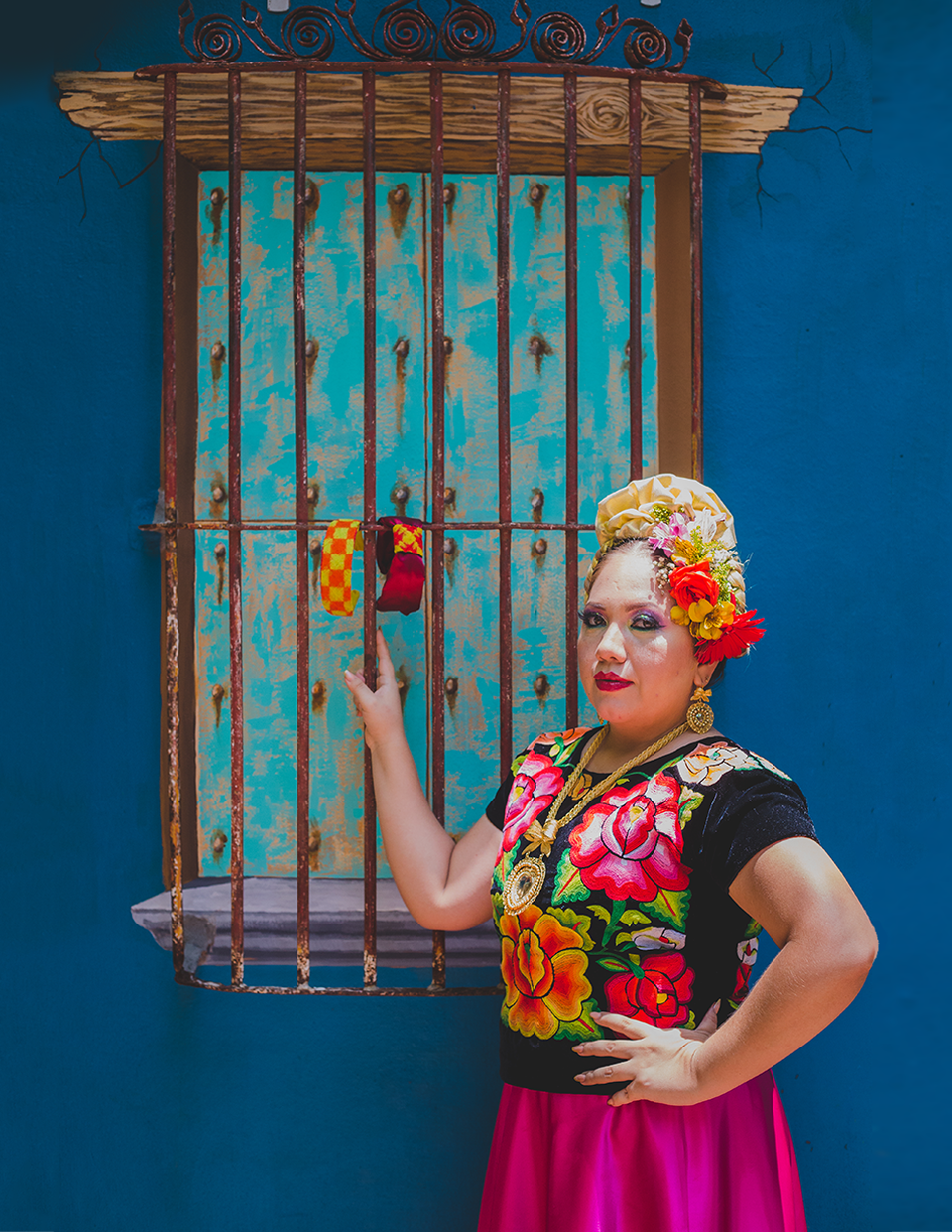
For Arminda, all women must have the opportunity to access tools and knowledge that allow them to improve their sales strategies and support the growth of their businesses.
Above all, in crisis and/or emergency scenarios, women must be part of the response and recovery of their communities, as they were in the areas affected by the 2017 earthquake in Mexico or in the current COVID-19 health crisis.
"I have seen that many sales have dropped in different commercial sectors, as fear, lack of employment, and lack of security have caused people to rethink our order of priorities when it comes to making a purchase. But as part of what we learned in the API courses, we wanted to be part of the response. Together the members of OMEI made donations of masks that we made with our own resources and that were delivered to the General Hospital, Fire Department, Civil Protection, transportation companies and private doctors," said Arminda.
Having the tools to make my business grow
Like Arminda, Sofía Ivonne Regalado, marketing director at OMEI, graduated with the first generation of API. Building her business has not been easy for Sofia, a 32-year-old education graduate, and mother of a 6-year-old daughter. Before being part of the program, she used to go out on the streets with other women to sell her accessories to women and girls. Although she wasn't looking for any specific program, she always wanted to learn different sales strategies.
"My biggest challenge has been building a network of customers. Entering the market cost me too much since my product is not very common and is not considered as a basic necessity item. Before graduating, I already had my hair accessories for girls page, and after graduating, I put into practice each one of the lessons from the training to improve my sales strategies," said Sofia Ivonne.
Sofia Ivonne believes that in order to encourage more women in Juchitan to create or grow their businesses it is essential to support each other by buying what is manufactured or made locally here in Oaxaca, and with that, we can support the economy of our society.
"I would advise women not to be afraid of failure, that many times there may be mistakes or bad decisions, but that makes us do well later, and we have another opportunity to do it again," concluded Sofia Ivonne.
Economic empowerment and personal growth as part of good mental health
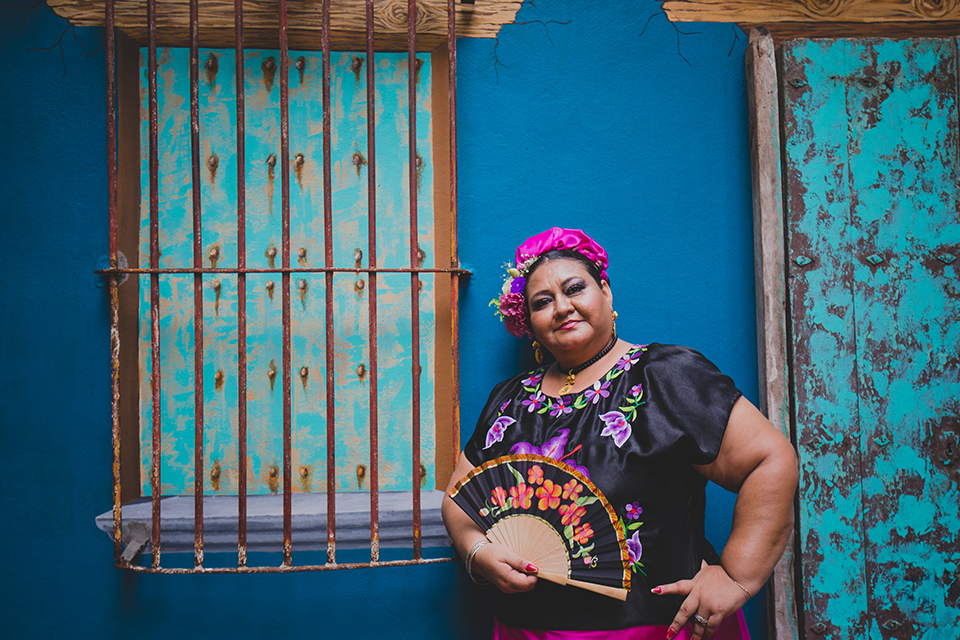
The current members of the OMEI organization are 13 women who decided to be part of the API programme during a crisis that greatly affected Juchitán de Zaragoza, Oaxaca, after the 2017 earthquake, when many lost family members, homes, and businesses.
Most of them mentioned that before entering API's programme they went through a period of depression that had them immobilized. In the case of Edith Gómez León, 48, she was not looking for any specific program. She got to know them through the radio and decided to take them as an occupational task to get out of her depression and made a resolution not to miss any classes.
"My biggest challenges were the lack of knowledge of social media and technology, not having enough money to invest and start a business since we had lost everything in the earthquake; before the API training, I had a massage and holistic treatments practice, but it was also lost in the earthquake, I also painted children faces' during parties," said Edith Gomez.
Edith, four years after the hardships of the 2017 earthquake, sees OMEI as part of her achievements. After graduating from the API program, she realized that these tools are important for economic and emotional self-improvement.
"I think that the country would be a much better place if most women were more independent. I want to make OMEI grow together with my colleagues and become the first cooperative in the whole Isthmus for handicrafts and everything handmade. I want to help more women to sell their products at a fair price and without intermediaries so that more women can empower themselves and fulfill their dreams," Edith concludes.
To have confidence in my products and sell them at the price they deserve.
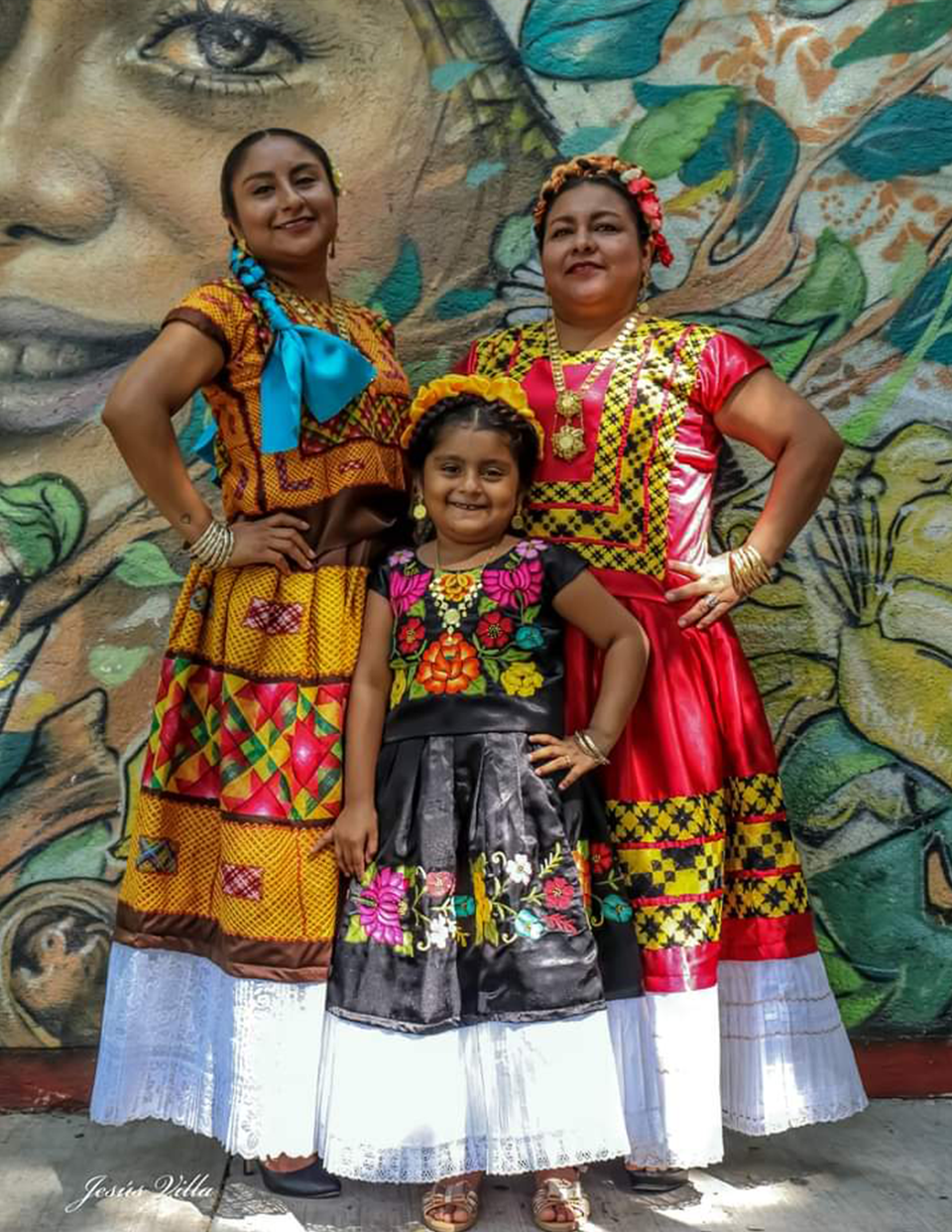
Photo: OMEI/ Rubén Robles Flores
Most of the members of OMEI were making handmade crafts as a hobby or as a family tradition to earn some extra money long before joining the organization or taking the API programme. But in the specific cases of Alma Rosa Castillo Figueroa, 25, in charge of the sub-direction of Marketing in the area of Packaging at OMEI, and Angela Figueroa Ruiz, 43, director of human resources at OMEI, and Alma Rosa's mother, it was difficult for them to give them a fair price and value for all the work they did when it came time to sell their products.
"After the training, I decided to set more specific goals, such as selling certain products at certain times. Before the course, I was embarrassed to offer my products to people I didn't know, and today I know that all those people on social networks can be potential customers for me. Now I don't offer typical clothing (that's my line of business). I also sell snacks, food, desserts, and anything that can be sold to get an extra income," said Alma Rosa.
"I was interested in the course where they taught me how to calculate percentages and costs of my products because I didn't know all that. Now I know how to charge the cost of my products, I have a better organization in my business and the sale of traditional costumes", emphasized Angela Figueroa.
For Alma and Angela, training and using social media has helped them inside and outside OMEI to continue bringing their handmade products to more customers. Both agree that more women should have access to this type of tool and that they should not be afraid to push themselves to start a business.
The women entrepreneurs that make up the OMEI organization are: Arminda del Carmen Ríos Castillo, general manager; Edith Gómez León, assistant manager; Mirna Valdivieso López, finance manager; Sofía Ivonne Guía Regalado, marketing manager; Ángela Figueroa Ruiz, human resources manager; Isabel Ortega Segura, public relations manager; Noemi Luis Zarago, events manager; María de los Ángeles Piña Hernández, assistant director of marketing in the area of quality control; Ana Luz Arreola Robles and Alma Rosa Castillo Figueroa, assistant director of marketing in the area of packaging; Maira Rosado López, assistant director of public relations in the area of culture; Erika Peralta Jiménez, assistant director of public relations in the area of ecology; and Francisca Ruíz Gómez, assistant director of events.